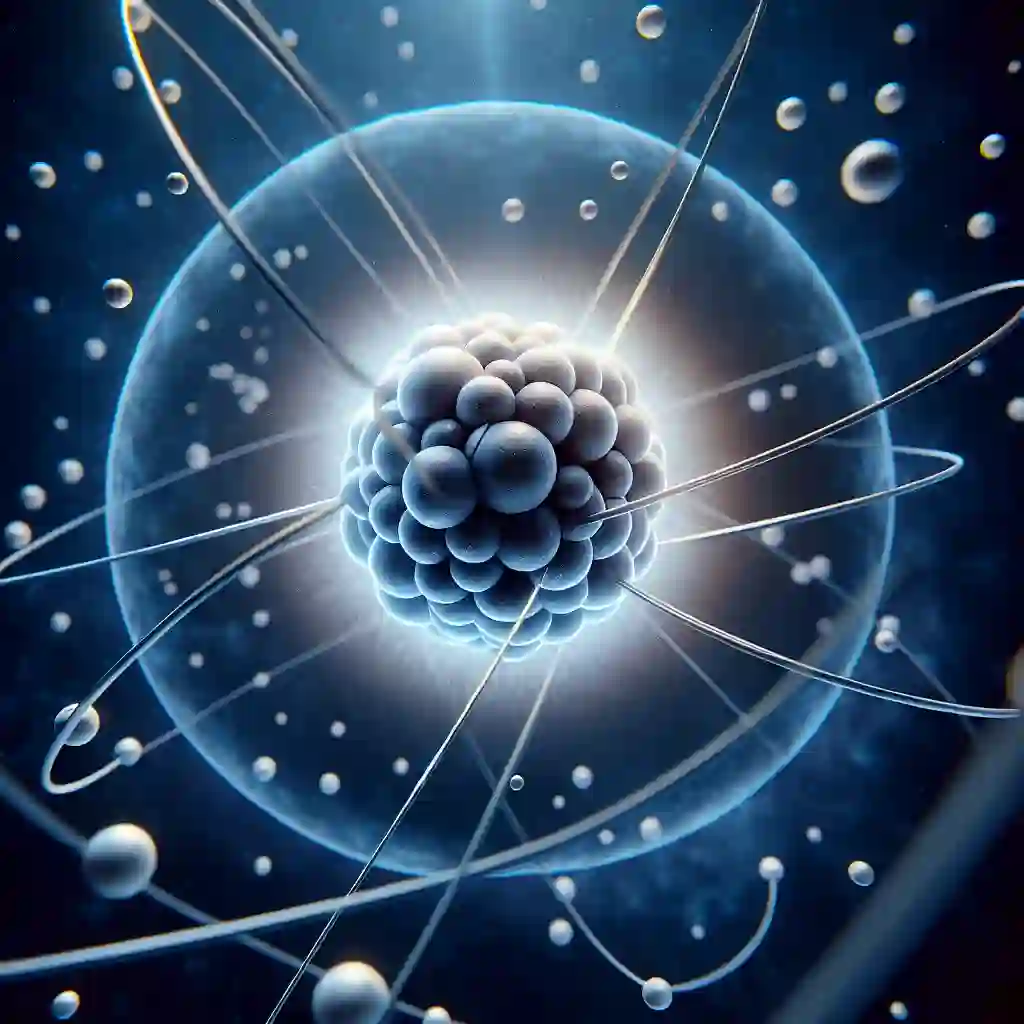protonの語源(語根)と覚え方
詳しい語源
英単語「proton」は、1920年にイギリスの物理学者アーネスト・ラザフォードによって「正の電荷を持つ原子よりも小さな粒子」として名付けられました。この言葉は、ギリシャ語の「prōton」(最初の)から来ており、「最初の」という意味の接頭辞「proto-」を参照しています。水素の核は最も一般的な形では一つのプロトンから成り、すべての元素の構成要素と仮定されていたことから、electron(電子)と類推して名付けられました。
EnglishBattle公式X で更新情報を発信しています。
protonと同じ語根の英単語
印欧祖語 proto-, prot-
- 最初の-
- 原始の-
語根(英語) -on
- -素粒子
- -量子
protonの主な意味と例文
- 1名詞
意味 - 陽子
- プロトン
- 陽電荷粒子
a subatomic particle with a positive charge, found in the nucleus of an atom
例文 A proton is found in the nucleus of an atom.
陽子は原子の核に存在する。
Protons and neutrons are in the center of an atom.
陽子と中性子は原子の中心にある。
protonのWordNet
- 1名詞
意味 陽子
a stable particle with positive charge equal to the negative charge of an electron
電子の負電荷に等しい正電荷を持つ安定した粒子
和訳例 - 陽子
同義語 - proton
上位語 a constituent (proton or neutron) of an atomic nucleus
原子核を構成する成分(陽子または中性子)
下位語 a positively charged atom of hydrogen; that is to say, a normal hydrogen atomic nucleus
正に帯電した水素の原子、すなわち通常の水素原子核
